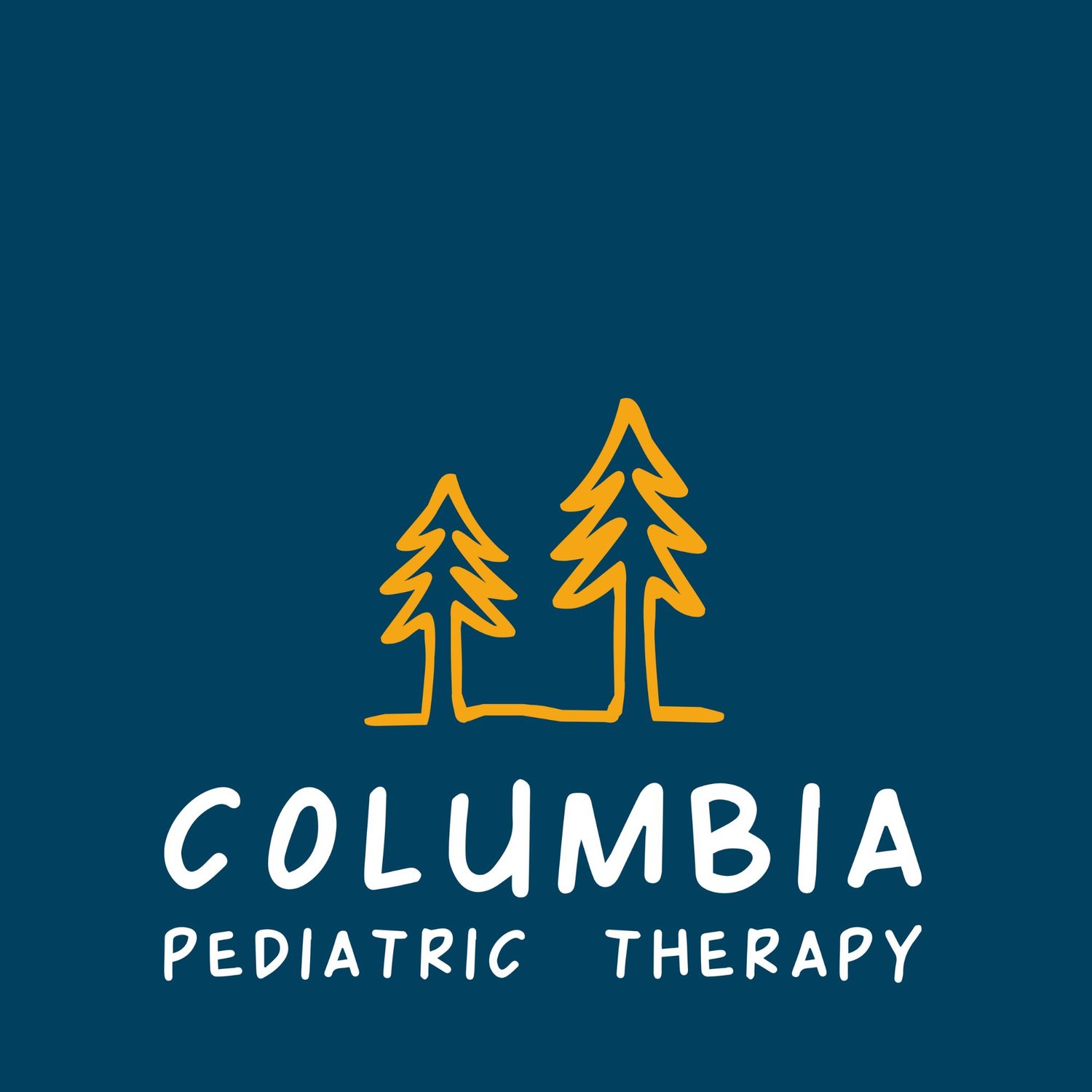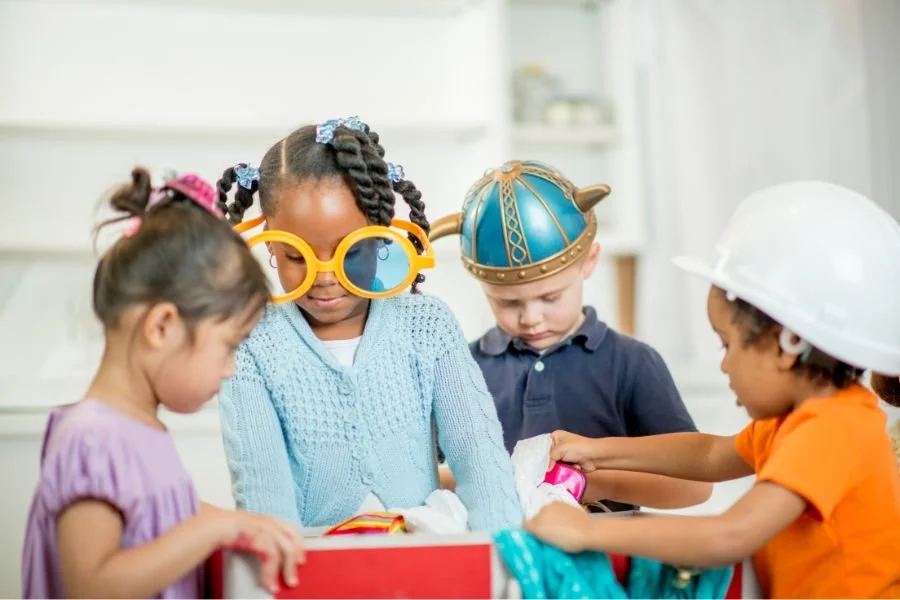How to Promote Play in Young Children
Why is play important for speech and language skills?
Play is primarily how children learn. According to the American Academy of Pediatrics (2007), play teaches children how to interact in their environment and promotes cognitive, motor, speech, language, and social emotional development. Play lets children practice language skills that they have learned and also expand on their vocabulary. When playing with your child, they hear the speech sounds you are using, which will help them refine their own speech sounds.
How can I play with my child?
Playing is important for children and often your child wants to play with you. Playing with your child promotes a closer relationship with you. Playing provides opportunities for you to model behaviors, problem solving skills, values, and real life situations. Here are some strategies when playing with your child:
Follow your child’s lead. See what your child is looking at or playing with. A child will be more engaged with a toy that they want to play with.
Practice taking turns. Turn-taking games and routines facilitate language skills. When turn-taking with your child, pause when it is their turn. This promotes anticipation, initiation, and communication. Activities depend on age and can include:
Babies: looking at your baby and cooing then pausing and giving the opportunity for your baby to coo back.
Toddlers and preschoolers: building blocks and taking-turns on who puts a block on top. Passing a ball back and forth.
Older children: turn-taking becomes more organized such as playing board games or sports.
Model language. Modeling language increases your child’s exposure to words. Modeling language while playing keeps children engaged and it is also fun! To do this, you can comment on what your child is doing and expand one or two more words to what your child said.
For example, if your child said, “apple” you can respond and say “Yes, red apple” or “big apple.”
Sing songs. Songs are fun ways for your child to use language and to interact with you. Singing songs are also great because they can be made up, changed, and be sung anywhere. Some helpful tips are:
Pause during certain parts to give your child the opportunity to fill in the phrase or word. For example, “the wheels on the bus go round and round round and round round and ____.” Pause and see if your child fills in the blank. It is alright if they don’t and you can continue on singing and giving your child another opportunity at another time.
Sing songs fast, slow, loud, or whisper.
Pair singing with gestures such as moving your arms in circles for “Wheels on the Bus.”
Read books. Books are wonderful opportunities to create language! When you reread books, it helps children anticipate what will be next and helps with memory skills. Here are some helpful tips when reading:
If they are unsure of what book to get, offer your child just two books to pick from.
For young children consider books with simple pictures and simple text.
When reading, it is not necessary to read every page word-for-word. Instead, you can shorten the phrases, change the wording, add words, or even paraphrase.
Talk about the pictures. Make comments on what you see on the pages. If your child makes a comment and says “cat,” you can say “big cat.”
When turning pages you can comment and say, “turn the page.”
Repeat phrases, names, words each time you read the book. Repetition is important for children as it helps with memory, sequencing, sentence structure, and language.
If your child is familiar with the story, pause at predictable and exciting parts and see if they can explain what will happen or fill in the phrase. If they don’t respond, that is alright. Just continue the story. You can also ask, “what will happen next?”
Try to limit the amount of questions you ask. Asking questions is fine but too much can be overwhelming to your child.
Disclaimer: This website does not provide medical advice. This information is for educational purposes only and does not substitute for professional medical advice, diagnosis, or treatment. Always seek advice from your pediatrician or other health care providers with any questions you have regarding medical condition or treatment. Never disregard professional medical advice or delay in seeking because of something you read on this site.
Citations/Resources:
Atlanta Speech School


